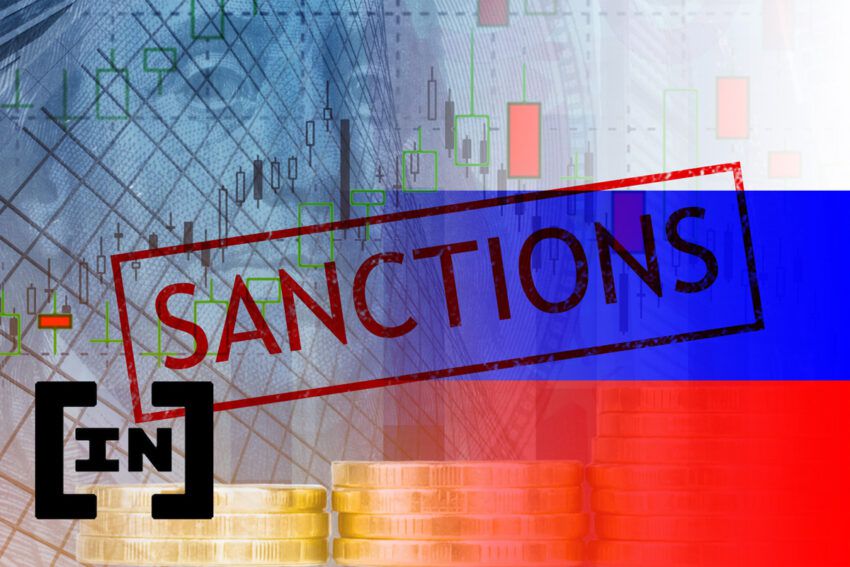Russia seems to be getting around the Swift ban using blockchain tech.
Russia’s Rostec Group is a government organization that includes a number of technology companies. They have announced they have developed a blockchain platform to launch a digital system for international payments capable of replacing the global Swift system.
Russian banks were excluded from the SWIFT system last February thanks to sanctions imposed by Western countries in response to the Russian-Ukrainian war. Since then, Moscow has been trying to search for an alternative financial payment system to SWIFT in order to protect its foreign trade transactions.
The digital system of international payments will allow Russia to pay for its imports in its national currency, the Ruble, instead of the dollar. According to the Rostec group, the new system will also enable foreign countries to pay for their imports from Russia in their national currencies as well.
Blockchain and cryptocurrency storage
Rostec’s statement said that the blockchain platform on which the international payments system was developed, called CELLS, was developed by the Novosibirsk Institute of Software Systems (NIPS), which is in turn affiliated with the Rostec Group.
The platform is designed to be able to provide an integrated system based on distributed ledger technology.
According to the Russian group, the platform includes among its central elements a digital system for making payments in the national currencies of the countries associated with it.
The company asserts that its new system “could provide a real alternative to the international payment services provided by the SWIFT system,” from which Russian banks have been isolated under Western sanctions.
In addition to the international payments service, the CELLS platform provides its users with the ability to create wallets to store digital currencies, according to the statement.
Russia pledges secure transactions
Oleg Yevtushenko, CEO of the Rostec Group, pledged that the new international payment system will ensure “high speed and secure transactions,” saying that the new digital system can perform about 100,000 transactions per second, with the possibility of doubling this number.
Yevtushenko also explained that the payment feature in local national currencies offered by the new system will enable users to circumvent Western sanctions imposed on Russia.
The Rostec group is targeting large companies that have commercial relations with Russia, as well as foreign government authorities that do business with Moscow, as well as financial institutions and banks.
Russia: Position on cryptocurrency has shifted
The announcement of the new system comes a few days after the Russian government said it was considering adopting cryptocurrencies in international payments. The Russian Central Bank had proposed last January to ban the introduction and use of all cryptocurrencies.
There are discussions within the Russian government about the idea of using cryptocurrencies in international trade settlements, said Ivan Chepskov, head of the Financial Policy Department of the Russian Finance Ministry.
This is considered a shift in the Russian position on cryptocurrencies, as the Russian Central Bank had warned earlier this year of the risks to the country’s financial system. It was claimed that crypto undermines the sovereignty of the country’s monetary policy.
In contrast, the legal status of cryptocurrencies in Russia remains in flux and previous efforts to legalize them have not yielded results. The government is pressing to allow them in order to attract foreign investment and get domestic trade out of the shadow of Western sanctions.
Got something to say about Russia getting around sanctions or anything else? Write to us or join the discussion in our Telegram channel. You can also catch us on Tik Tok, Facebook, or Twitter.
Disclaimer
All the information contained on our website is published in good faith and for general information purposes only. Any action the reader takes upon the information found on our website is strictly at their own risk.


